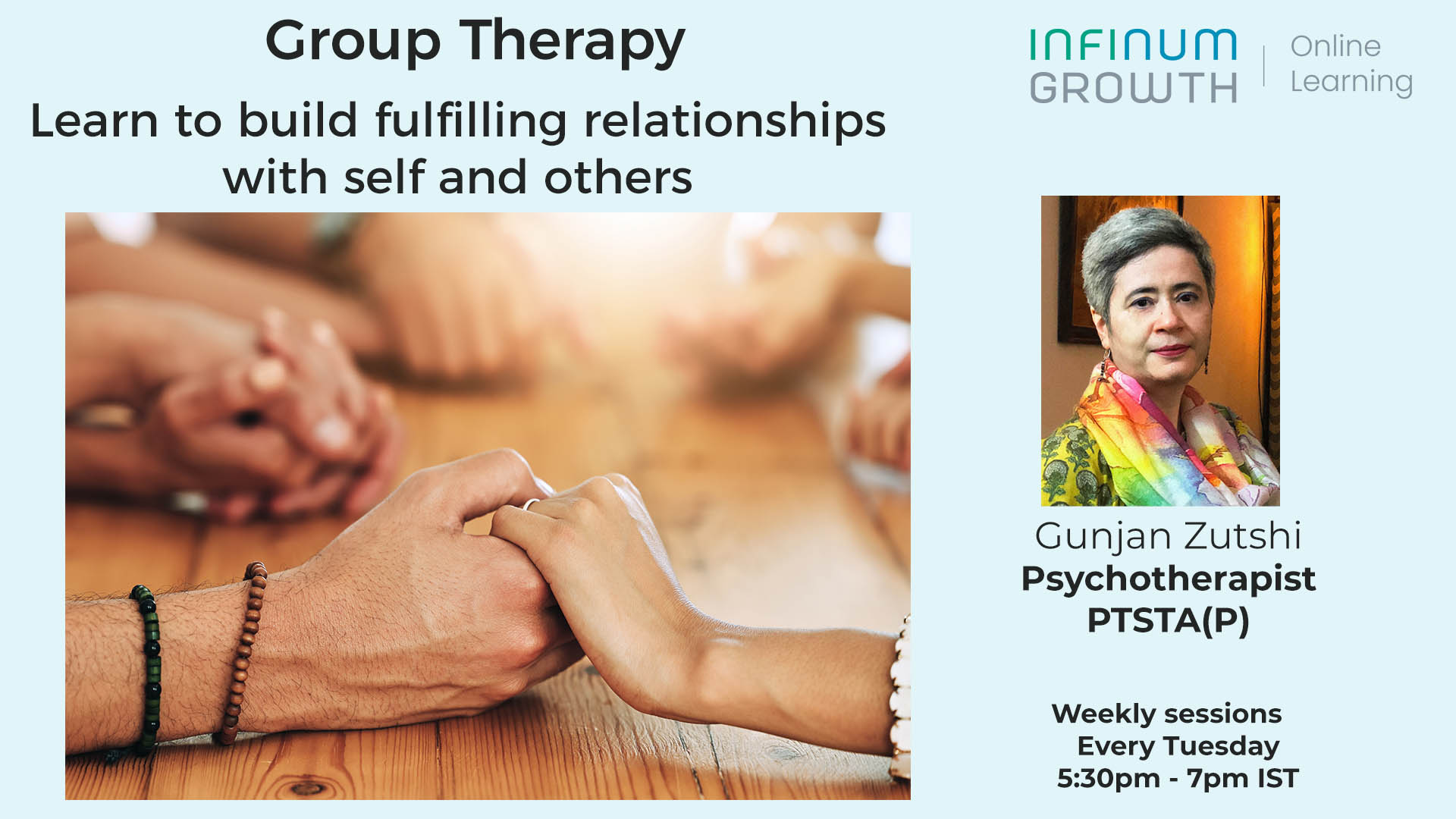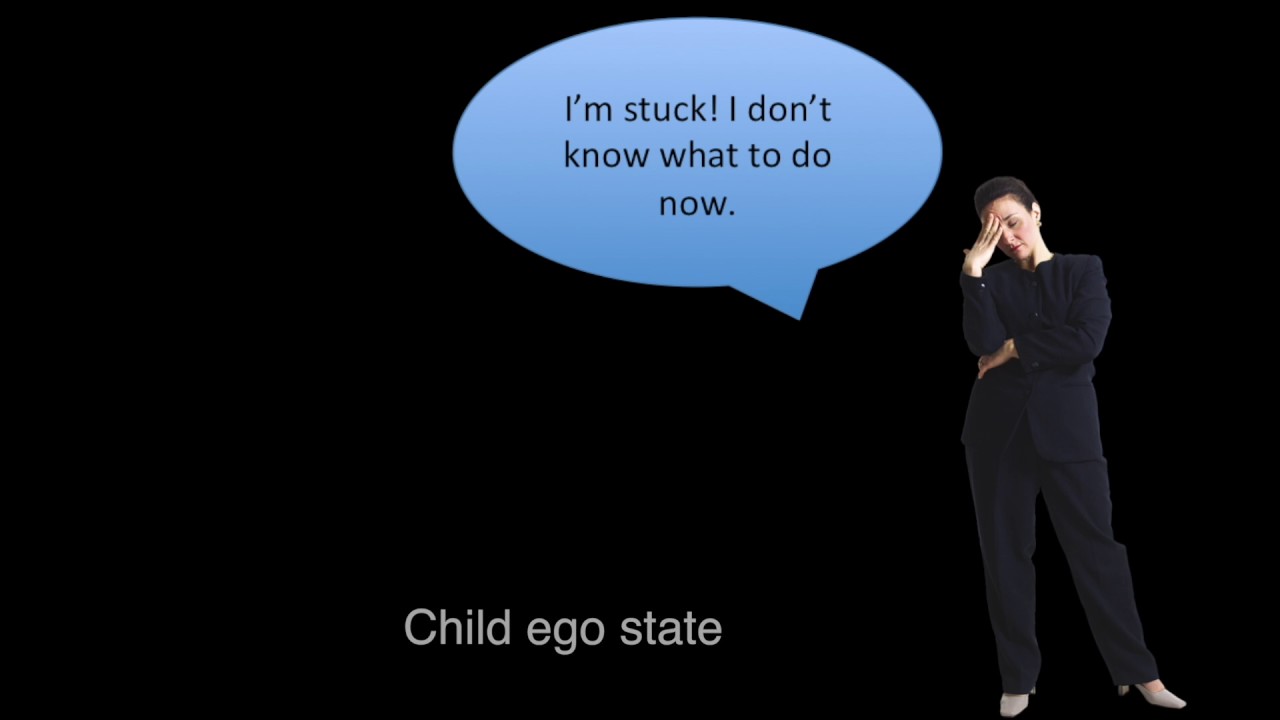When I hear our two year old granddaughter talk, it is fascinating to notice, how easily she refers to herself in the third person; And even more interesting is, how comfortably we reply in the third person to her, while referring to ourselves.
She takes her name; and we name ourselves according to what she calls us. This is a very common phenomenon. The child does it unconsciously and adults do it consciously, just to make the communication easier.
I realised that, when we verbally call ourselves by the ‘role’ name like ‘Dadi’ or ‘Dadu’, the significance of that role becomes far more ‘real’. It is like a reminder. I found myself thinking of my grandmother’s role in my life.
Her smell, touch and the blind faith in me, which even today acts like a yardstick of not doing anything that would make her sad. Her words of reassurance, when something went wrong; the comforting sight of her sitting in the easy chair waiting for us, when she knew we would be visiting; her putting a yogurt dot on my head and chanting a mantra before I went for an exam, which boosted my confidence a hundredfold…….all came back to mind.
I wonder what memories I would leave with my granddaughter. That is something only time will tell. But the start of all this introspection and reminiscing was to do with the act of calling oneself by a certain name. It led to a chain reaction of associated thoughts and feelings.
Nurturing the ‘being you’ role
We all have a name or names that we respond to, when addressed. The stimulus to that response comes from the other person. When the stimulus is generated internally, it can be a very useful tool; as I discovered not very long ago.
I have a fear of closed spaces and was stuck in an elevator. Panic set in; And then I remembered the words of an uncle, “When alone and feeling defeated by something, just chide yourself sharply, telling yourself to get your act together. You are your own best friend.”
I did just that. As an observer I peered through the inky blackness, looked at my crumpled figure in the corner and said, “Sumita, get yourself together. Breathe deeply. Soon someone will need to use the elevator and they will know there is no electricity. And you will get help. ”
It helped. Loudly calling out my name as if I was someone else, talking to Sumita, made me listen to logic even in the midst of a noisy pounding heart. Slowly I got a hold over myself and waited.
This example is not to talk about how one should deal with panic attacks. That requires professional guidance. It is simply to highlight how, consciously taking on the role of being my own friend, helped me handle the situation.
Roles carry the weight of expectations
Role is the name of our relationship vis-a-vis ourselves, another person or being. Each one of us relates to those around us from various aspects of ourselves.These roles have specific names – mother, father, child, brother, sister, leader, teacher, doctor, friend…the list goes on. Each role carries the weight of certain expectations, from others and from ourselves. Even if a role is thrust on us, we do have a choice about our attitude to it; and not make it more difficult for ourselves.
Through life we are navigating roles and their inherent responsibilities on the personal and professional front. But underneath them all is ‘you’. Other than the interpersonal intelligence, what is of prime importance is intra-personal awareness; Self care, resolving internal conflicts, building self esteem and self respect. In other words the ‘self role’ has to be well nurtured to build a strong base.
The more comfortable we are with ourselves, without the fear of rejection or constantly looking for validation, the more in tune we will be with our core self/belief/values and less likely to be at conflict with ourselves. There will be a consistency in our behaviour and a confidence in our actions.
Awareness of what we are seeking from others in terms of affirmation or recognition is important, so that we don’t fall into a trap of continuously looking for it; and to please others, move away from our true self in our actions.
Scope of each role – avoid conditioning
Famous lines by William Shakespeare:
All the world’s a stage, And all men and women merely players;
They have their exits and their entrances, And one man in his time plays many parts………
There are times when we need to consciously remind ourselves of the scope of a specific role, because the default mode would be to simply slip into what we have been conditioned to do.
A gentleman candidly told me, “My son and I had got into some sort of an ego fight. It was an argument that I was treating like a war, which I was determined to win at any cost. A well wisher later reminded me that I was the father and my responsibility went far beyond just winning. That was a timely eye opener and my perspective changed. ”
Crafting a role
Making a note of our significant roles helps prioritise them and enhances the quality of the delivery of responsibilities. Here are some tips on what we could do to handle roles better.
1. Spreading ourselves too thin, over innumerable roles, detracts from our effectiveness.
We may reject certain roles because they clash with our values. Example – being a partner in a firm that does not have clean dealings.
2. Some role requirements can be unpleasant, but need to be done.
Verbalising the role often gives a meaning to the task and our attitude might change.
3. Some roles change with time.
Flexibility is needed in fulfilling the role as the scope changes. A parent, for example, needs to step back and yet be available. Children become caregivers to ageing parents. Parents, with advancing age might turn to children for advice.
4. Each role requires different qualities and skills.
Some may come naturally and some, we need to train ourselves into. You may have reservations about a career choice made by a child, but the parent role demands that you support your child’s dreams, while informing him/her about the challenges.
The skill is in how we communicate our support and belief in the child; and also help him/her do a reality check. Teaching the child to make an informed decision in life.
5. Delivering role expectations can be challenging emotionally as well.
Balancing different roles through societal pressures, personal stressors, expectations and reality is an art. There are times when there is confusion about what we should do.
However simplistic it may sound, one way to help ourselves could be, to mentally take a moment, when we just call ourselves by the name of the role we are fulfilling and act accordingly. It helps with a purpose and a structure.
6. Sometimes, taking inspiration from a role model that we may have of a person in that role, gives direction.
When in confusion we could also put ourselves in the shoes of the other person. How would I have liked my friend to respond, if I was in the same position? Sometimes it helps to get feedback about ourselves or asking the person what he or she would like us to do.
7. Role boundaries are important.
Accepting what is possible to do and what is not; and learning to say ‘no’. Fulfilling all roles to perfection is often unrealistic. Accepting one’s own challenges, knowing ourselves and staying close to who we are, helps in limiting the stress of expectations from others.
8. It is a good idea to objectively reevaluate our ‘performance’ in important roles to ‘grow’ in them.
Professionally and personally – How well am I doing and what are my expectations from myself? For this we need to set specific goals.
As a teacher I might need to learn how to make the classes more interactive online, in the current pandemic. As a manager I might want to step up the quality of my presentations. Personally, I might want to learn the tools of mindfulness. As a parent I might want to learn to be more patient.
During the pandemic, working from home does not allow the luxury of demarcating roles clearly, between the professional and personal spheres.
Staying focused in the moment on a particular role and consciously creating that space in the mind, between the ‘at home mode’ and ‘at work mode’, is a necessary challenge. It requires both practise and discipline.
How do you know that you are doing justice to your role?
Be the person, whose presence is valued and absence is noticed, whatever role you are in.
Please do leave your comments at the bottom and do share with others if you like this article.


















